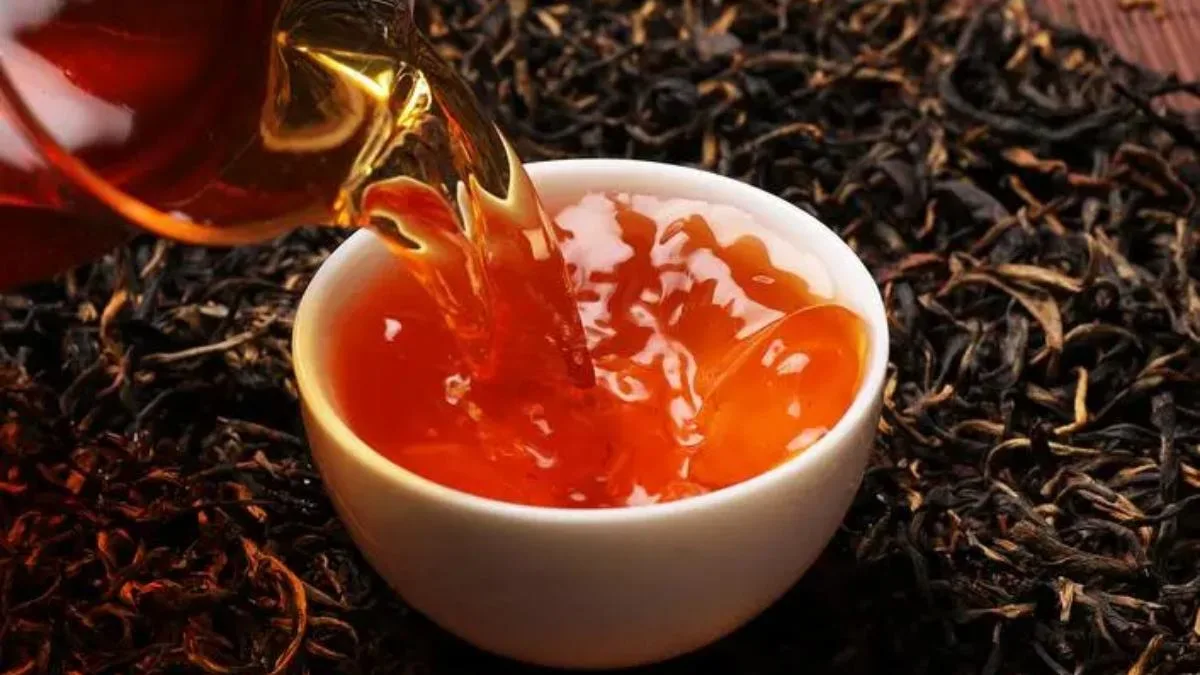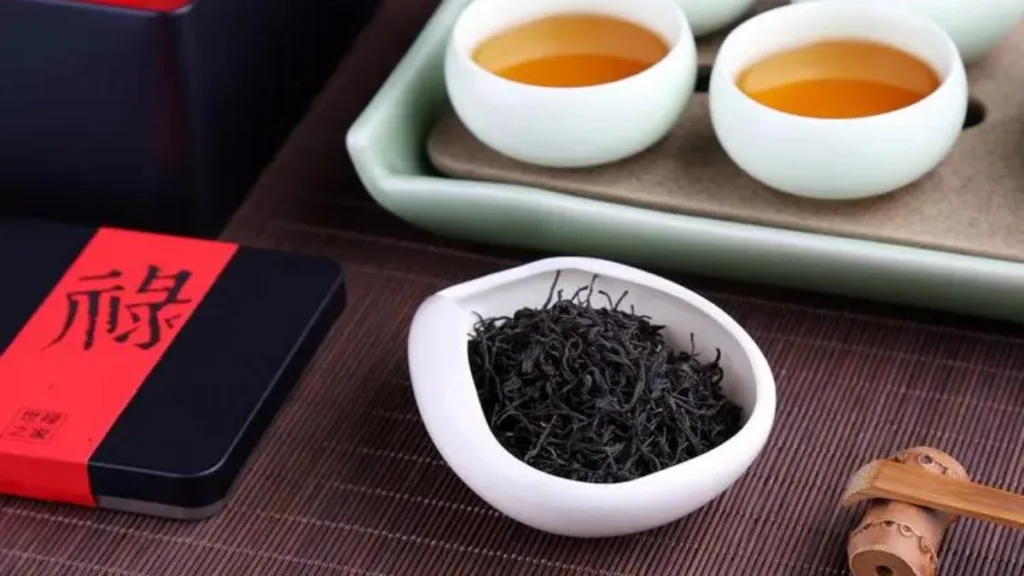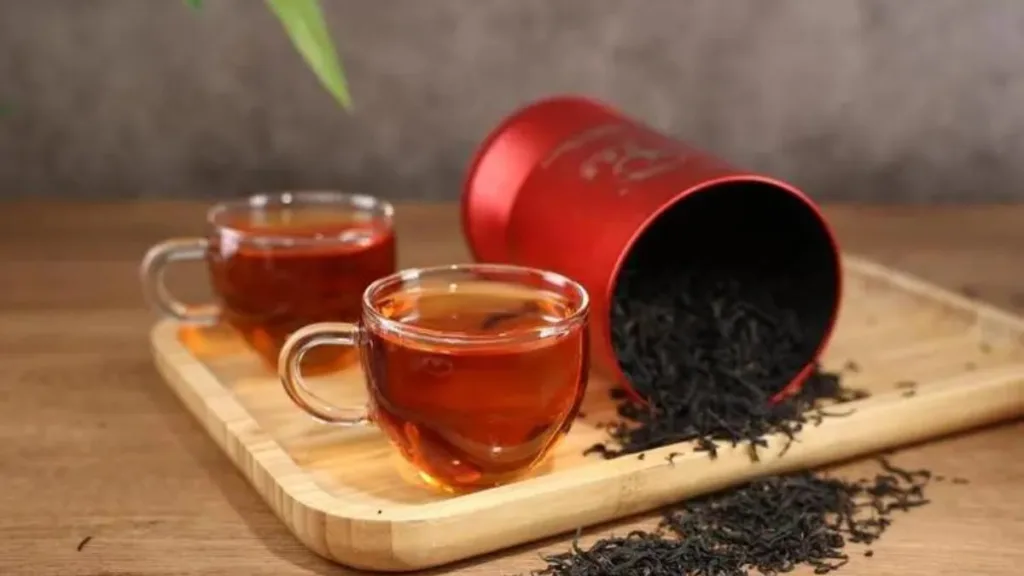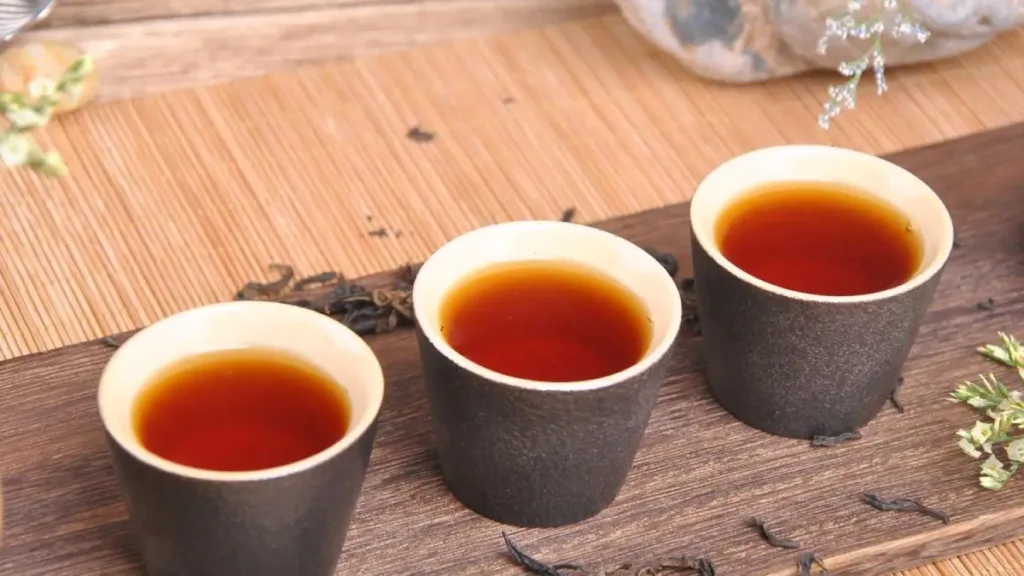It’s a common question: Does drinking black tea lead to an increase in blood pressure? The answer, as with many aspects of nutrition, lies in moderation. While moderate consumption of black tea generally has minimal impact on blood pressure, excessive intake can indeed cause a rise. This is primarily due to the presence of abundant tea polyphenols and caffeine in black tea, substances that stimulate the nervous system, enhance overall blood circulation, and stimulate the heart, leading to fluctuations in blood pressure. For individuals with hypertension, avoiding stimulants like strong tea, coffee, and alcohol is recommended. Instead, a focus on adequate water intake and a diet comprising low-sodium, low-fat, and low-cholesterol foods is advisable.
Drinking Mild Black Tea Does Not Elevate Blood Pressure:
- Avoiding Strong Black Tea: Consumption of concentrated black tea, being a fermented tea type, might influence the excitability of the sympathetic nervous system, potentially leading to an increase in blood pressure.
- Mild Black Tea is Blood Pressure-Friendly: On the other hand, drinking mild black tea usually does not have a significant impact on blood pressure.
- Control the Amount of Tea Leaves: Opting for a mild black tea and avoiding an excessive amount of tea leaves can help prevent abnormal increases in blood pressure.
- Seek Professional Medical Advice: If there’s a significant rise in blood pressure, it’s crucial not to self-prescribe medications. Seeking prompt medical attention is advisable.
Tea and Cardiovascular Health:
Tea, especially its polyphenolic compounds like catechins, has been associated with potential cardiovascular benefits. These compounds, known for their cholesterol-lowering and vasodilatory effects, contribute to the health of blood vessels. While green tea tends to have higher levels of tea polyphenols compared to black tea, both varieties offer health advantages. For individuals with hypertension, options like oolong tea, green tea, or pu-erh tea can be considered. However, it’s essential to note that the direct impact of tea on blood pressure is still under investigation. Current claims of tea directly lowering blood pressure should be approached with caution. For most hypertensive individuals, proper medical treatment remains essential. Adhering to a healthy lifestyle, maintaining a diet low in fat and sodium, quitting smoking and moderating alcohol consumption, regular blood pressure monitoring, and following prescribed medications are crucial for stable blood pressure levels and reducing complications.
Four Cautions for Hypertensive Tea Drinkers:
- Avoid Strong Tea: Hypertensive individuals should steer clear of strong tea, as the caffeine content in concentrated tea may lead to stimulation of the central nervous system, resulting in symptoms such as excitement, insomnia, and increased heart rate.
- Avoid Tea Before Bed: Drinking tea in the evening is not advisable for those with hypertension. The stimulating and diuretic effects of tea may disrupt sleep, impacting sleep quality.
- Consider Individual Health Conditions: Individuals with nutritional deficiencies or iron-deficiency anemia should be cautious about excessive tea consumption due to the tannins in tea hindering iron absorption. Additionally, individuals with ulcers might find tea irritating.
- Caution with Medication: It’s not recommended to consume tea immediately after taking medication, as various components in tea might interact with drugs, potentially causing side effects and placing an additional burden on the liver and kidneys.
In conclusion, the relationship between black tea and blood pressure is nuanced. Moderate consumption of mild black tea is unlikely to have adverse effects on blood pressure, and certain compounds in tea may even offer cardiovascular benefits. However, for individuals with hypertension, it’s crucial to be mindful of the type and strength of tea consumed and to prioritize overall lifestyle modifications and medical advice for blood pressure management. As with any dietary consideration, individual responses may vary, and consulting with a healthcare professional remains essential.



